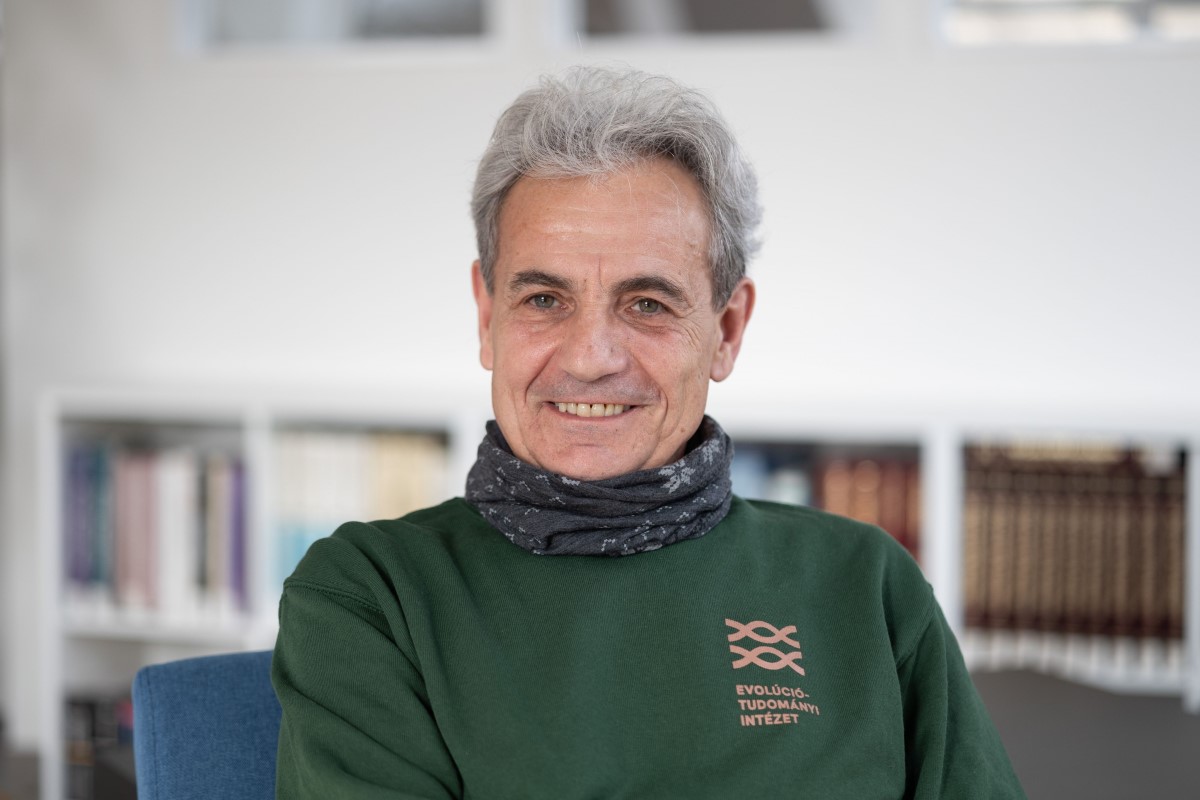
In the framework of the Hungarian Academy of Sciences (MTA) Distinguished Guest Scientists Fellowship Programme, ten internationally renowned visiting professors will arrive at the research centres and supported research groups of the HUN-REN Hungarian Research Network in 2024. Applications for the calls for proposals were received from all three major disciplines: the humanities and social sciences, the life sciences and mathematics and natural sciences. Out of a total support budget of 100 million HUF, successful applicants were awarded grants ranging from 4.7 million to 9 million HUF.
Mauro Santos, a professor at the Autonomous University of Barcelona, will join the Institute of Evolution of the HUN-REN Centre for Ecological Research. The joint research aims to explore the potential for evolving univariate and multivariate adaptive phenotypic plasticity to increase the probability of persistence in response to continuous, controlled environmental change (e.g. global warming) accompanied by random environmental fluctuations within generations. The results will inform the empirical evidence needed to draw robust conclusions about the role of phenotypic plasticity in evolution. The aim is also to explore the role of different types of epistasis – synergistic or antagonistic – in the evolution of early genetic systems, starting from first principles and using theoretical model systems.
Professor Mauro Santos has worked with evolutionary biologists at the Centre for Ecological Research before. Then they demonstrated that, under the right circumstandes, senescens can support the response to the directional selection, i.e. evolutionary adaptation to changing environmental conditions. In doing so, the researchers have added an important and new aspect to the question of ageing, which has been an elusive and poorly understood phenomenon in evolutionary biology for more than a century and a half.


